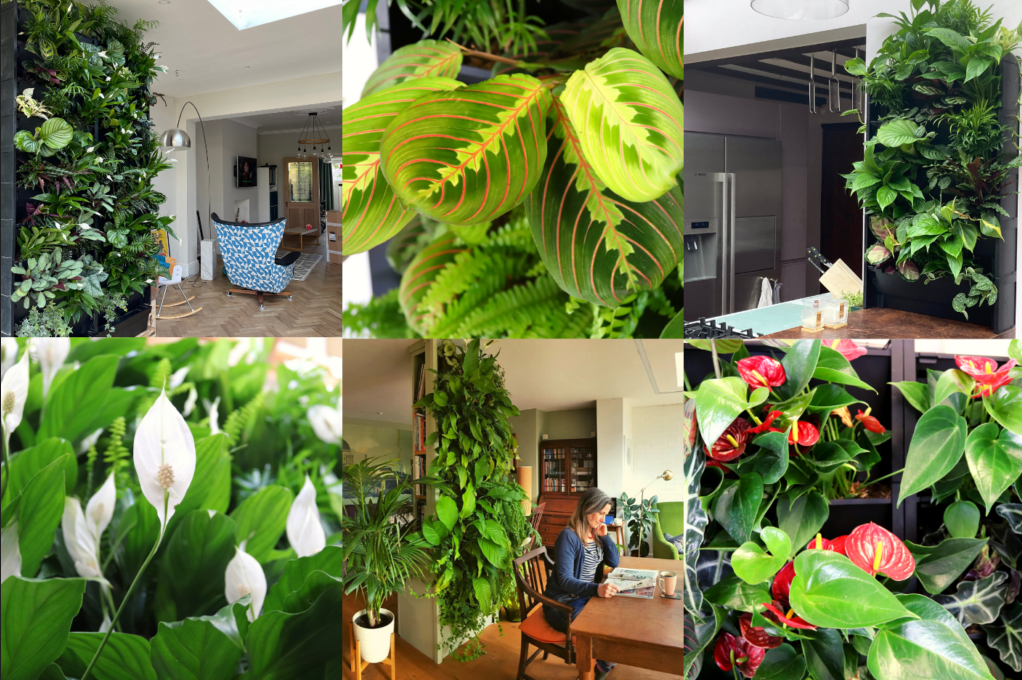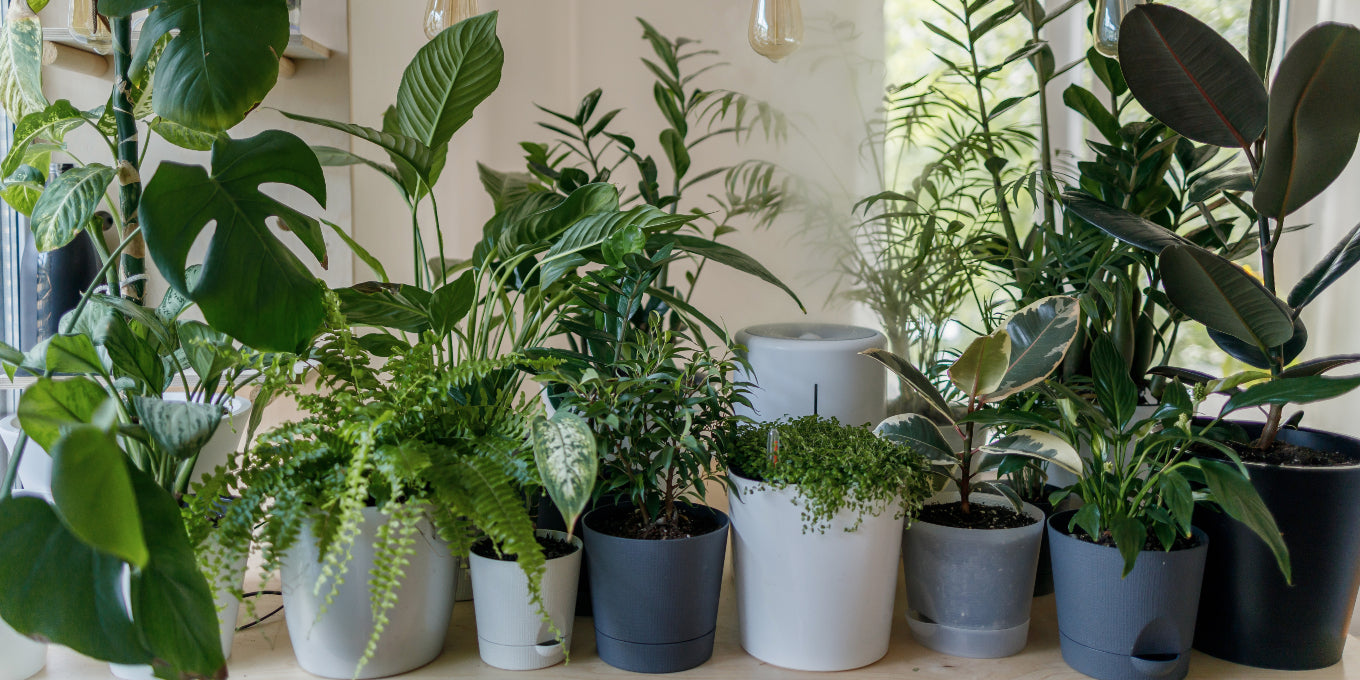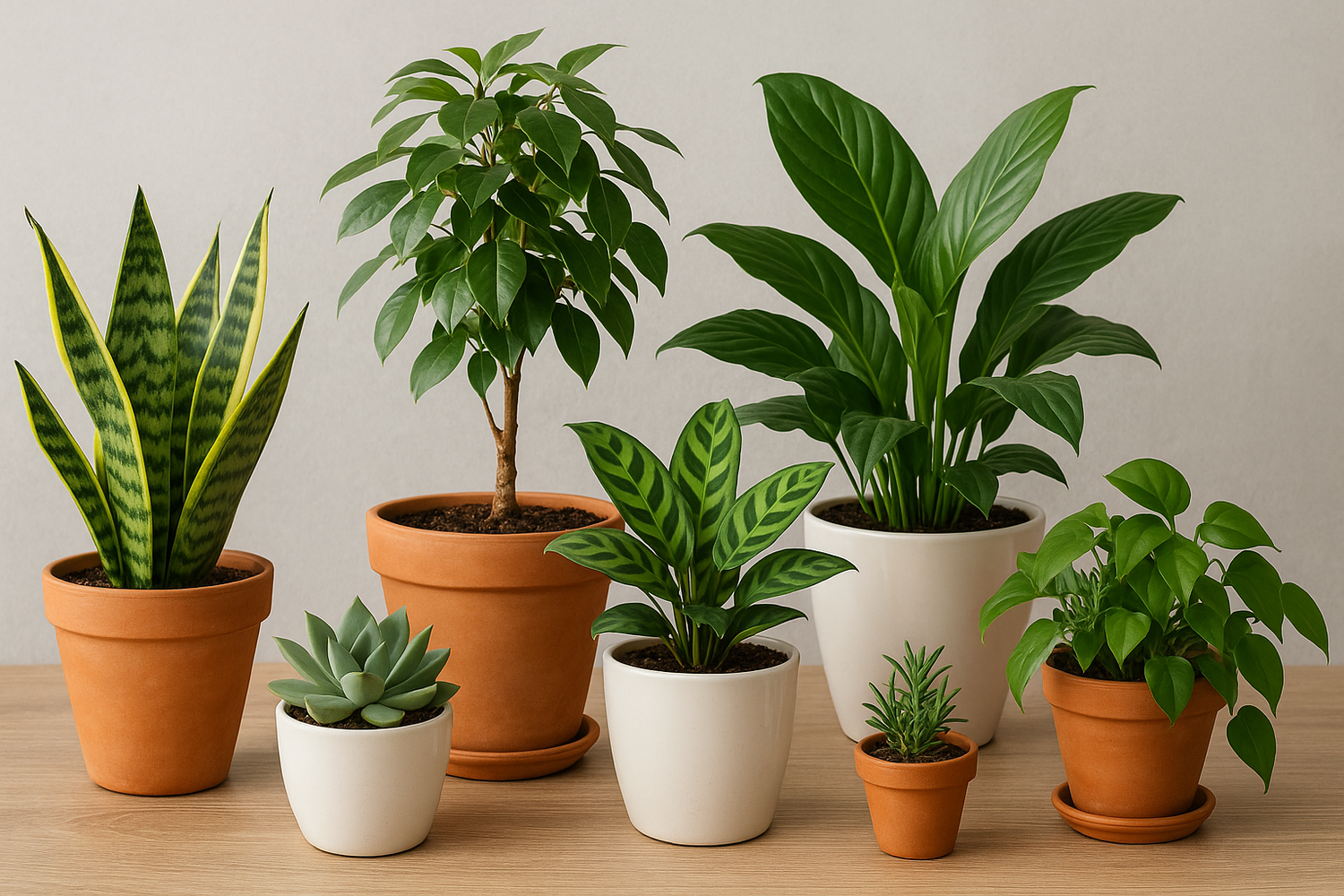Palm trees are synonymous with luxury, tranquility, and tropical charm — all elements that align perfectly with the aesthetic of Dubai’s upscale villas and outdoor landscapes. But when it comes to selecting the best palm trees for Dubai gardens, it’s essential to choose species that can thrive in the region’s hot, arid climate and harsh sunlight.
This guide walks you through the top outdoor palm trees ideal for Dubai’s gardens, taking into account drought-resistance, soil adaptability, low maintenance, and visual appeal. Whether you're building a lush villa landscape or upgrading a minimalist desert garden, these palms offer lasting beauty and sustainability.
Why Palm Trees are Perfect for Dubai Gardens
Dubai's extreme climate — characterized by high temperatures, low humidity, and limited rainfall — calls for heat-resistant plants that can withstand tough conditions without frequent care.
Palm trees are especially suited for:
-
Desert landscaping and villa gardens
-
Low-maintenance outdoor areas
-
Drought-tolerant garden designs
-
Year-round greenery in Dubai’s climate
Many palm species are not only aesthetically tropical but also highly adaptable to sandy, well-drained soils common in the UAE.
1. Date Palm (Phoenix dactylifera)
The Date Palm is perhaps the most iconic tree in the UAE, admired for its elegance and cultural significance. It thrives in desert conditions, can grow up to 75 feet tall, and offers shade and sweet edible fruit.
Benefits:
-
Highly drought-resistant
-
Deep-rooted and strong in sandy soil
-
Symbolic in local Emirati culture
-
Requires little water once established
2. Foxtail Palm (Wodyetia bifurcata)
The Foxtail Palm features fluffy, plume-like fronds that resemble a fox’s tail. It's gaining popularity in upscale villa gardens across Dubai due to its ornamental appeal and moderate height (10–15 meters).
Benefits:
-
Tolerates direct sun and heat
-
Low-maintenance and self-cleaning fronds
-
Adds a lush, tropical vibe
-
Grows well in sandy, well-draining soil
3. Canary Island Date Palm (Phoenix canariensis)
This majestic palm is a showstopper. Its thick trunk and massive canopy make it ideal for statement landscaping in entrances or driveways of luxury properties.
Benefits:
-
Highly adaptable to UAE climate
-
Tolerates salinity (ideal for coastal gardens)
-
Slow-growing, long-lasting
-
Minimal pruning required
4. Washingtonia Palm (Washingtonia robusta)
Often called the Mexican Fan Palm, the Washingtonia grows extremely tall and fast, with fan-shaped fronds. It's a favorite for desert gardens and commercial landscapes.
Benefits:
-
One of the most drought-tolerant palms
-
Requires little irrigation
-
Hardy in extreme heat
-
Excellent for vertical interest
5. Royal Palm (Roystonea regia)
The Royal Palm adds elegance and grandeur with its tall, straight trunk and feather-like foliage. While it prefers regular watering, once established, it adapts well to Dubai’s climate.
Benefits:
-
Elegant columnar appearance
-
Fast-growing and visually striking
-
Suitable for tropical-themed gardens
-
Works well in lined pathways
6. Pygmy Date Palm (Phoenix roebelenii)
This dwarf palm is ideal for limited spaces. With a height of 6–12 feet, it’s perfect for villa patios, indoor-outdoor transitions, or planter boxes.
Benefits:
-
Shade-tolerant (can handle partial sunlight)
-
Compact and slow-growing
-
Soft fronds; child and pet friendly
-
Great for containers or small landscaping zones
7. Bismarck Palm (Bismarckia nobilis)
Known for its silvery-blue fronds, the Bismarck Palm adds a dramatic element to any garden. It's both bold and drought-resistant, making it a statement piece in contemporary Dubai landscapes.
Benefits:
-
Extremely heat and drought tolerant
-
Striking architectural appearance
-
Ideal for villa gardens and luxury hotels
-
Minimal pest issues
8. Areca Palm (Dypsis lutescens)
Popular for its bushy, clumping growth, the Areca Palm works well as a natural privacy barrier. While it prefers filtered light, it can survive in Dubai’s climate with some care.
Benefits:
-
Attractive hedge-like growth
-
Fast-growing in shaded areas
-
Air-purifying properties
-
Great for balconies or courtyard gardens
9. Bottle Palm (Hyophorbe lagenicaulis)
This unusual palm has a swollen trunk that resembles a bottle. Though it grows slowly and prefers humidity, it still adapts well to Dubai’s microclimates when planted in protected spots.
Benefits:
-
Unique aesthetic and sculptural shape
-
Ideal for small luxury gardens
-
Grows well in containers or sheltered beds
-
Low maintenance
10. Chinese Fan Palm (Livistona chinensis)
With its large fan-shaped leaves, the Chinese Fan Palm offers shade and texture. It does well in semi-shade and adds a lush, tropical layer to diverse plant mixes.
Benefits:
-
Tolerant of partial shade
-
Adds fullness and structure
-
Grows well in groups or as a single feature
-
Ideal for semi-tropical aesthetics
Landscaping Tips for Palm Trees in Dubai
To ensure your palm trees thrive in Dubai’s climate:
✅ Soil Preparation
-
Use well-draining sandy loam
-
Avoid clay-heavy soils
-
Mix with organic compost or mulch
✅ Watering Schedule
-
Water deeply but infrequently
-
Most palms are drought-tolerant once established
-
Allow topsoil to dry between watering
✅ Fertilization
-
Apply a slow-release palm fertilizer every 3-4 months
-
Use magnesium and potassium-rich blends
✅ Placement and Design
-
Use tall palms as vertical highlights
-
Cluster shorter palms for layered textures
-
Consider wind and sun exposure for optimal placement
Final Thoughts
Palm trees are more than just tropical icons; they’re climate-resilient, low-maintenance plants that suit Dubai’s unique environment. Whether you’re designing a villa garden, poolside paradise, or desert oasis, these palm varieties offer structure, shade, and timeless beauty.
By choosing drought-tolerant and heat-resistant species, you not only reduce maintenance costs but also ensure your landscape remains vibrant all year round.
For expert palm selection, planting, and garden design, consult a professional Dubai landscaping service to help bring your vision to life with the right palm for the right space.





